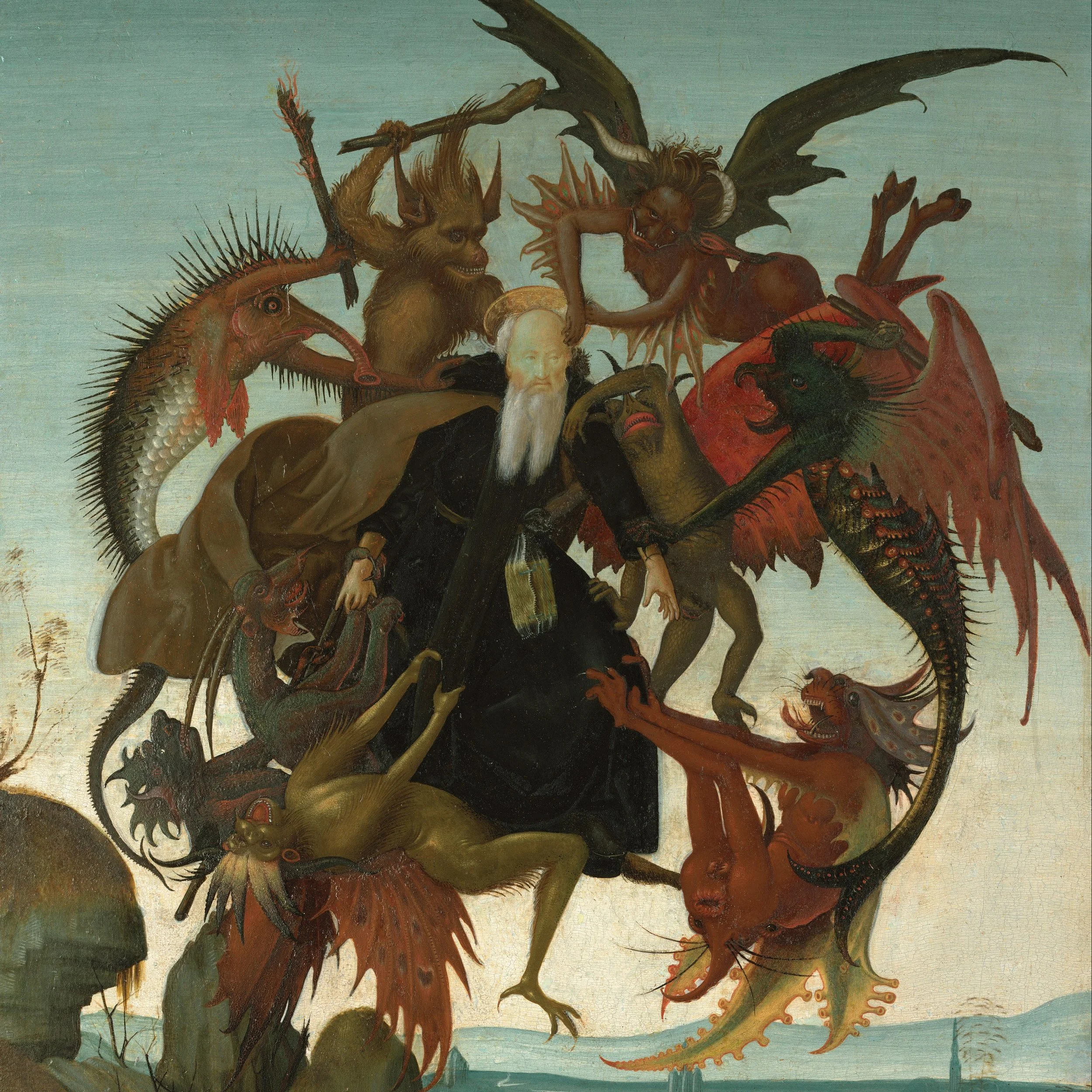Dominance. Subordination.
Creator: Michelangelo Buonarroti c. 1487–1488 | Credit: Wikimedia Commons
“The publishing industry. The readership. Mainstream outlets. They all have forgotten that creative writers fuel this machine. And we allowed it.”
Two words. But so much more is implied.
Dominance. Subordination.
Power. Dynamics.
Hierarchy. Imbalance.
Power. Play.
Harmful and often rooted in racism, discrimination, and labor exploitation, these things are very much alive in the publishing industry.
From the lack of diversity to the gatekeeping of marketing and sales opportunities by mediocre literary juggernauts who happen to be the flavor of the week (or a nepo baby), this industry loves to cleave to its nasty little tricks.
And independent authors become chew toys for humans. Discarded. Picked up for good measure. Discarded once more.
That is even truer as you approach the release of your new title. You’ve spent months, if not years, planning, researching, drafting, revising. You’ve poured thousands of hard-earned dollars into your packaging.
And here, at the defining crossroads that is your release window and launch, you get dozens of emails, calls, and DMs that all share a common objective: to raise your blood pressure levels while appealing to your emotions.
GET YOUR BOOK REVIEWED FOR 69 DOLLARS (the amount appears later in fine print).
MASSIVE OPPORTUNITY FOR DEBUTING AUTHORS.
Hi, Andre. [Insert AI-generated slop to sell some bullshit marketing “package.”]
Andre. Get your book featured on Fox and CNN!
Blah. Blah. Blah.
When you enter this industry and start writing seriously, you are often told to invest in your product and care for it. I was guilty of that. There is this notion that the more money you pump into your brand and your catalogue, the more sales you’ll make.
Why would readers want to discover your story if you don’t stand behind it with advertising and marketing dollars, right?
THAT IS FALSE. Readers care more about identity and status. Ninety-nine percent of their decisions are dictated by the Big Five and their social media/PR machine. Literary value is no longer appealing to the masses. Nor is innovation and layered storytelling.
Algorithms, the internet of things, hyperconnectivity (the next natural stage), a sharp decline in reading and handwriting, polarization, and many other factors effectively shape the modern consumer’s decision-making process.
And in the midst of this (not so beautiful) chaos, shadowy actors and shameless con artists try to make a dime off you with grand promises of becoming the new Stephen King. Predatory, sleazy marketing/advertising guys love their indie authors: we are full of hope, and need all the support we can get to offset our lack of visibility.
The perfect target.
As a self-published author, I have one of the strongest brands I’ve ever seen—years in the making. And yet I cannot even scratch the surface while your new BookTok or Bookstagram slop climbs the charts with corny reels listing “tropes.”
I’m not an isolated case. It’s fairly common.
Aside from the gurus promising the moon, there is also the interesting case of bloggers, book influencers, awards circuits, and press outlets. Another form of power imbalance.
Bloggers are now divas: as an author, you have to reach out and write an essay on why their shitty little platforms with no traffic and no cultural relevance should CONSIDER highlighting your story. Same with influencers who have the same five books in rotation, and press outlets that are supposed to uplift and promote unique voices within their respective communities.
You are expected to run through rings of fire, to jump through hoops, and to bow to your masters so your novel can be discussed. We all played this game at some point—pretending we’re not the ones who have them by the *****.
But we do, don’t we? Who creates the products that make them relevant in the cultural landscape? Who writes these books that land them endorsement deals and bring traffic? Who brings tangible value?
US.
We are, in fact, at the top of the food chain.
We just forgot it and let our most burning desires drive and sustain the power dynamics in this business.
It is time we reclaim our throne. It is time we start acting like we’re the indispensable ones.
Writers of all backgrounds, bearers of powerful omens, master craftsmen.
